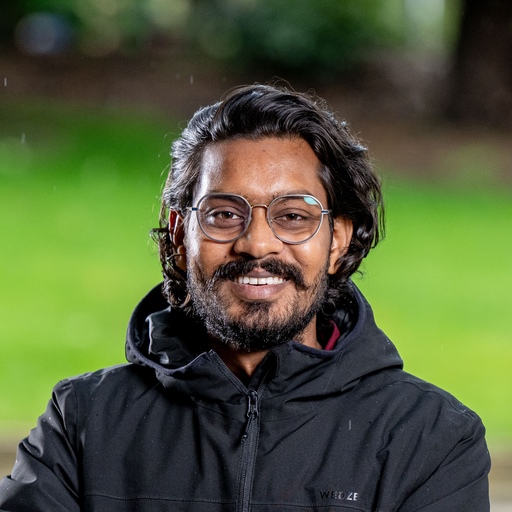👋 Hi there! Welcome to my website ✨
I am a second-year joint PhD student at the University of Surrey (UoS), United Kingdom, and the University of Wollongong (UoW), Australia, focusing on resource- and data-efficient methods for 3D scene understanding. My research is supervised by Xiatian Zhu and Lu Yin at UoS, and by Salim Bouzerdoum and Son Lam Phung at UoW.
Before embarking on my PhD journey, I had the privilege of working at Mohammed Bin Zayed University of Artificial Intelligence in Abu Dhabi, where I was fortunate to collaborate with Salman Khan and Fahad Khan on developing foundational models for continual learning and continual point cloud segmentation using indoor datasets. Prior to joining MBZUAI, I gained valuable experience as a freelancer, contributing to diverse projects across research and industry. During this period, I also collaborated with esteemed institutions such as CERN, UIUC, and the University of Cambridge.
I completed my bachelor’s degree in Electronics and Telecommunication Engineering from SGGS Institute of Engineering and Technology Nanded in India. As part of my undergraduate programme, I had the incredible opportunity to spend six months at Nanyang Technological University (NTU), Singapore, where I worked with Meiqing Wu and Lam Siew Kei on unsupervised domain adaptation for autonomous driving applications.



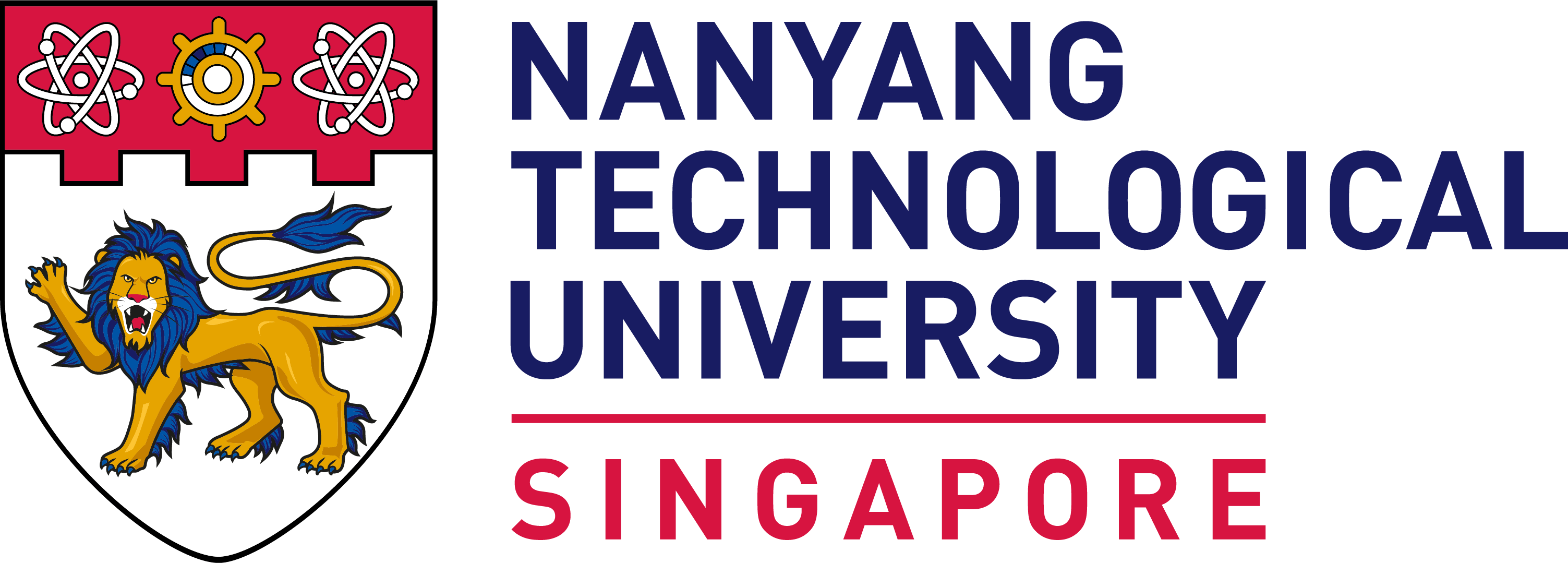
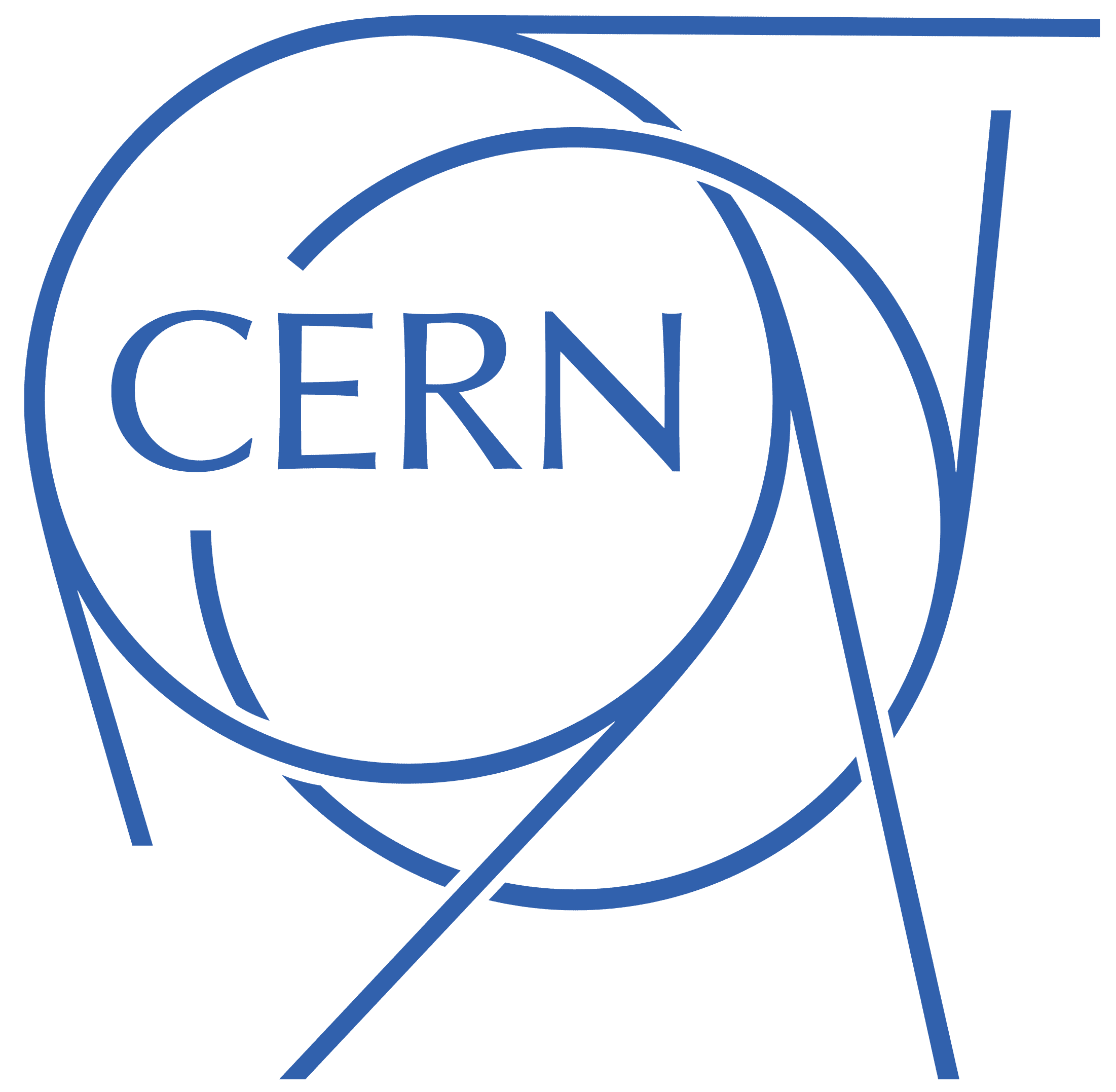
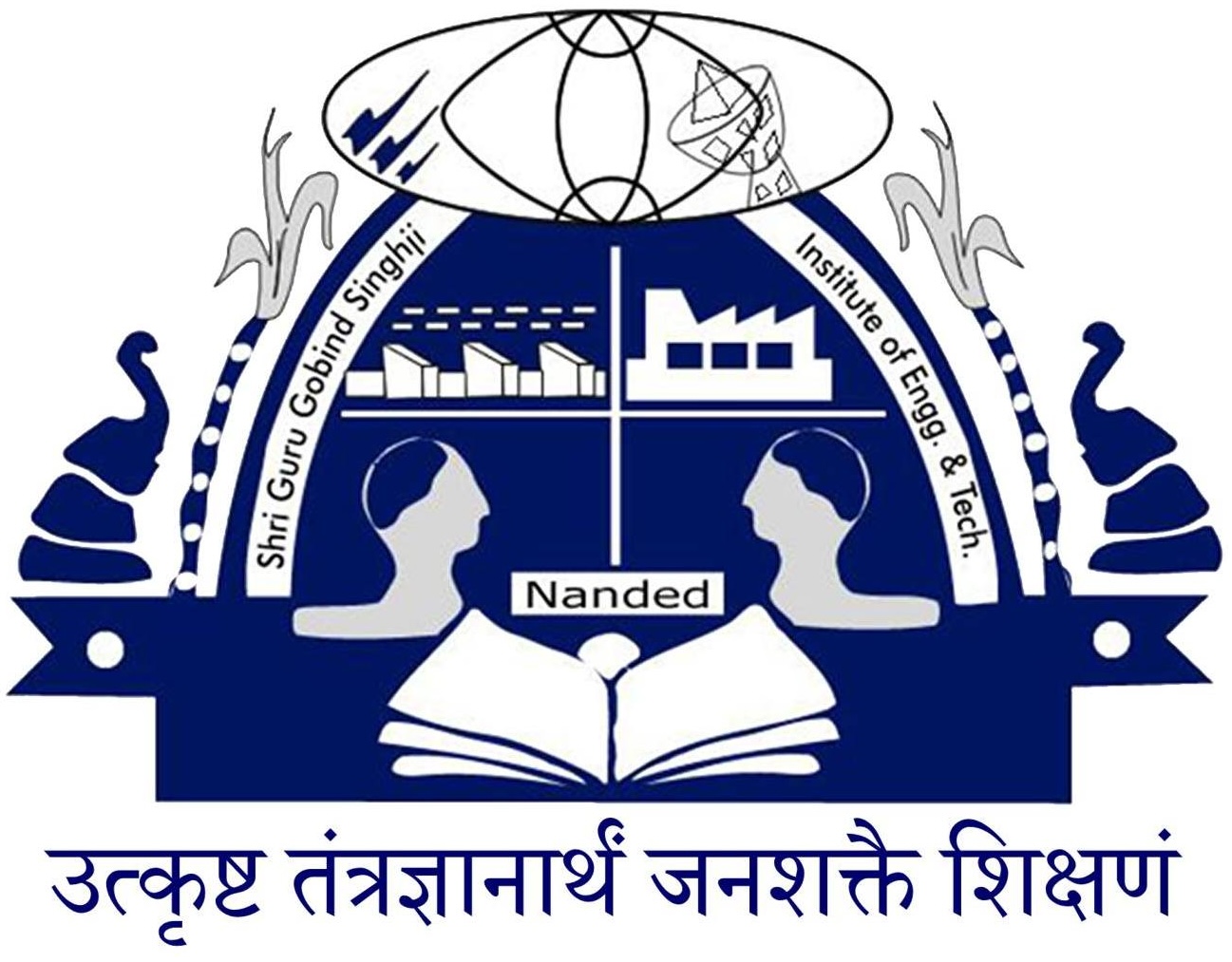
🔥 News
- 2025.07: 🎉 CLIMB-3D accepted at BMVC 2025.
- 2025.06: Joined University of Wollongong to complete the second phase of my PhD.
- 2025.02: CLIMB-3D pre-print 📄 available here – feedback welcome!
- 2025.01: 📄 Pre-print of my survey on foundational models for 3D available – check it out here.
- 2024.08: Joined SUTD as a visiting PhD student under Dr Zhao Na.
- 2021.01: Married the love of my life, Shruti 💍.
- 2021.01: My homepage is now live 🎉!
📝 Publications
A full publication list is available on my Google Scholar page.
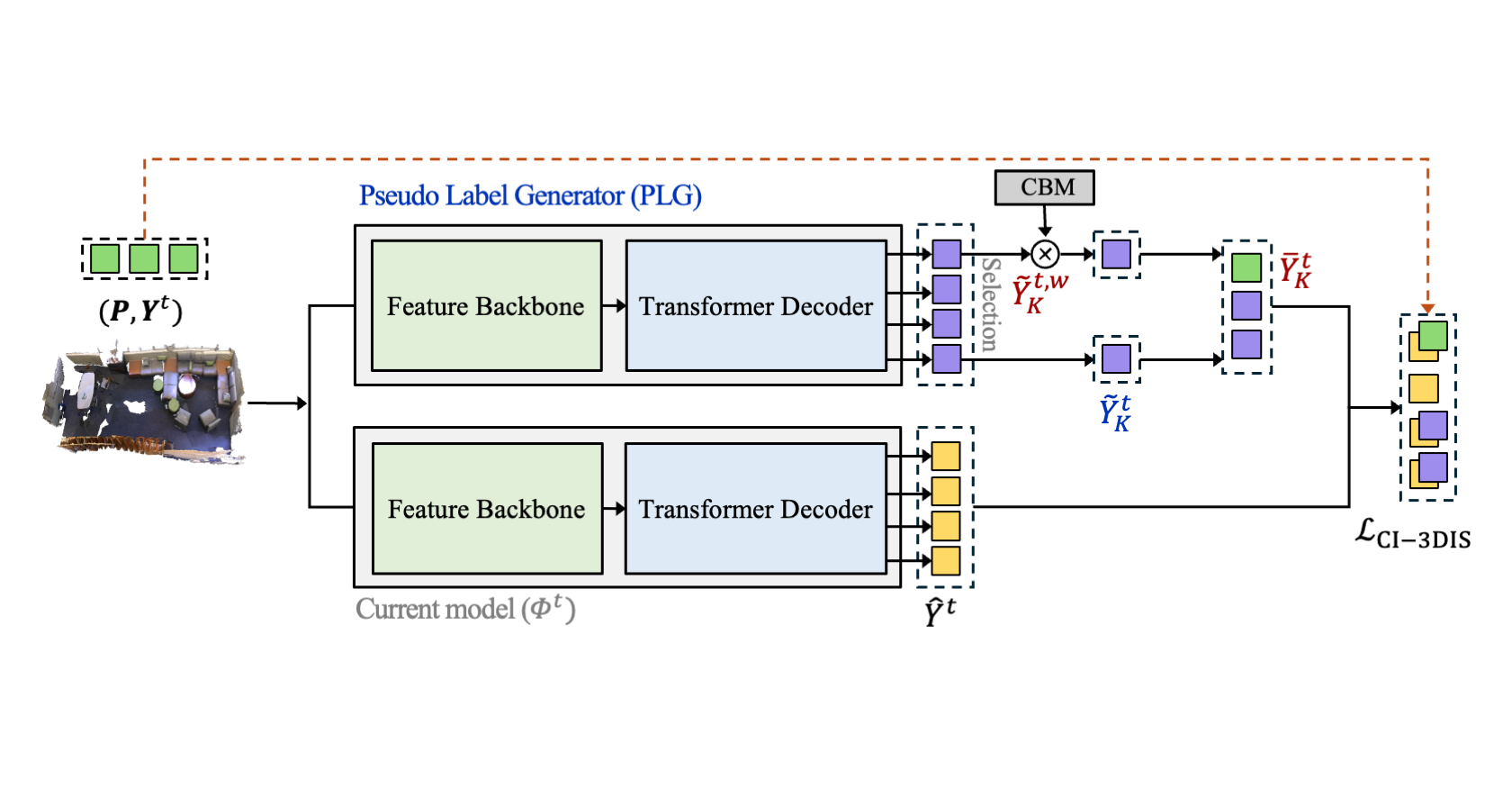
CLIMB-3D: Continual Learning for Imbalanced 3D Instance Segmentation
Vishal Thengane, Jean Lahoud, Hisham Cholakkal, Rao Muhammad Anwer, Lu Yin, Xiatian Zhu, Salman Khan
We introduce class-incremental learning for point cloud instance segmentation and curate benchmarks from the long-tail ScanNet200 dataset. To address class imbalance, we propose a novel module that ensures more uniform performance across frequent and rare classes.
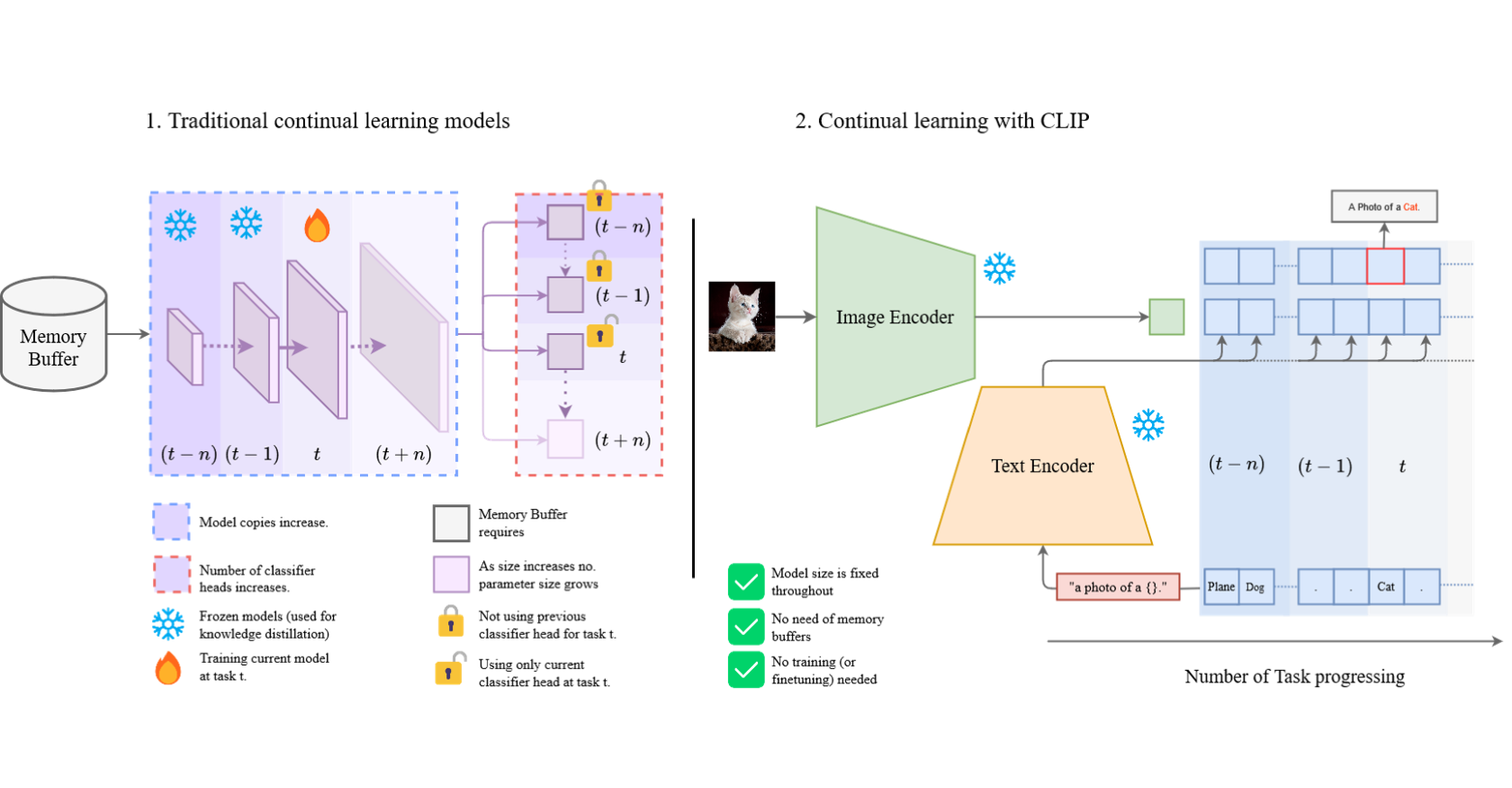
CLIP Model is an Efficient Continual Learner
Vishal Thengane, Salman Khan, Munawar Hayat, Fahad Khan
This work demonstrates that a frozen CLIP model, evaluated in zero-shot mode, achieves SOTA performance across multiple continual learning settings without any fine-tuning. Tested on five benchmarks, CLIP surpasses existing methods while avoiding re-training, memory replay, or architectural tweaks, making it a strong and surprisingly simple baseline for future CL research.
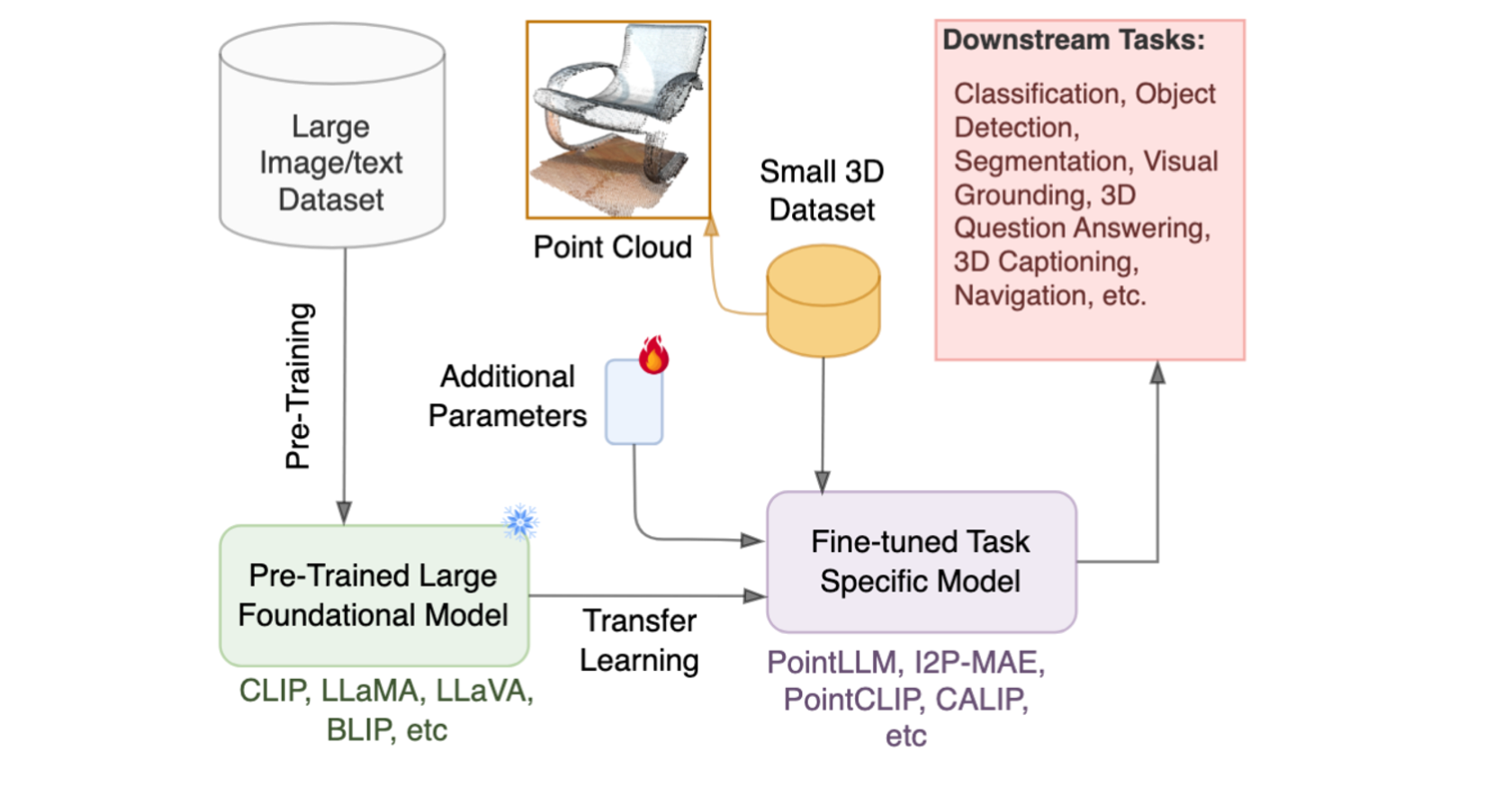
Strong Gravitational Lensing Parameter Estimation with Vision Transformer
Kuan-Wei Huang, Geoff Chih-Fan Chen, Po-Wen Chang, Sheng-Chieh Lin, Chia-Jung Hsu, Vishal Thengane, Joshua Yao-Yu Lin
We explore Vision Transformers (ViTs) for estimating parameters in simulated lensed quasar systems—offering a fast, competitive alternative to MCMC and CNNs. ViTs perform well on mass-related lensing parameters, showing promise for future lensing analyses.
Pre-prints

Foundational Models for 3D Point Clouds: A Survey and Outlook
Vishal Thengane, Xiatian Zhu, Salim Bouzerdoum, Son Lam Phung, Yunpeng Li
This paper surveys recent advances in foundation models for 3D point cloud understanding, focusing on how 2D and language-based pretrained models help overcome challenges like limited labelled data and high computational costs. It reviews strategies for building 3D FMs, their application across core 3D tasks, and highlights future research directions.
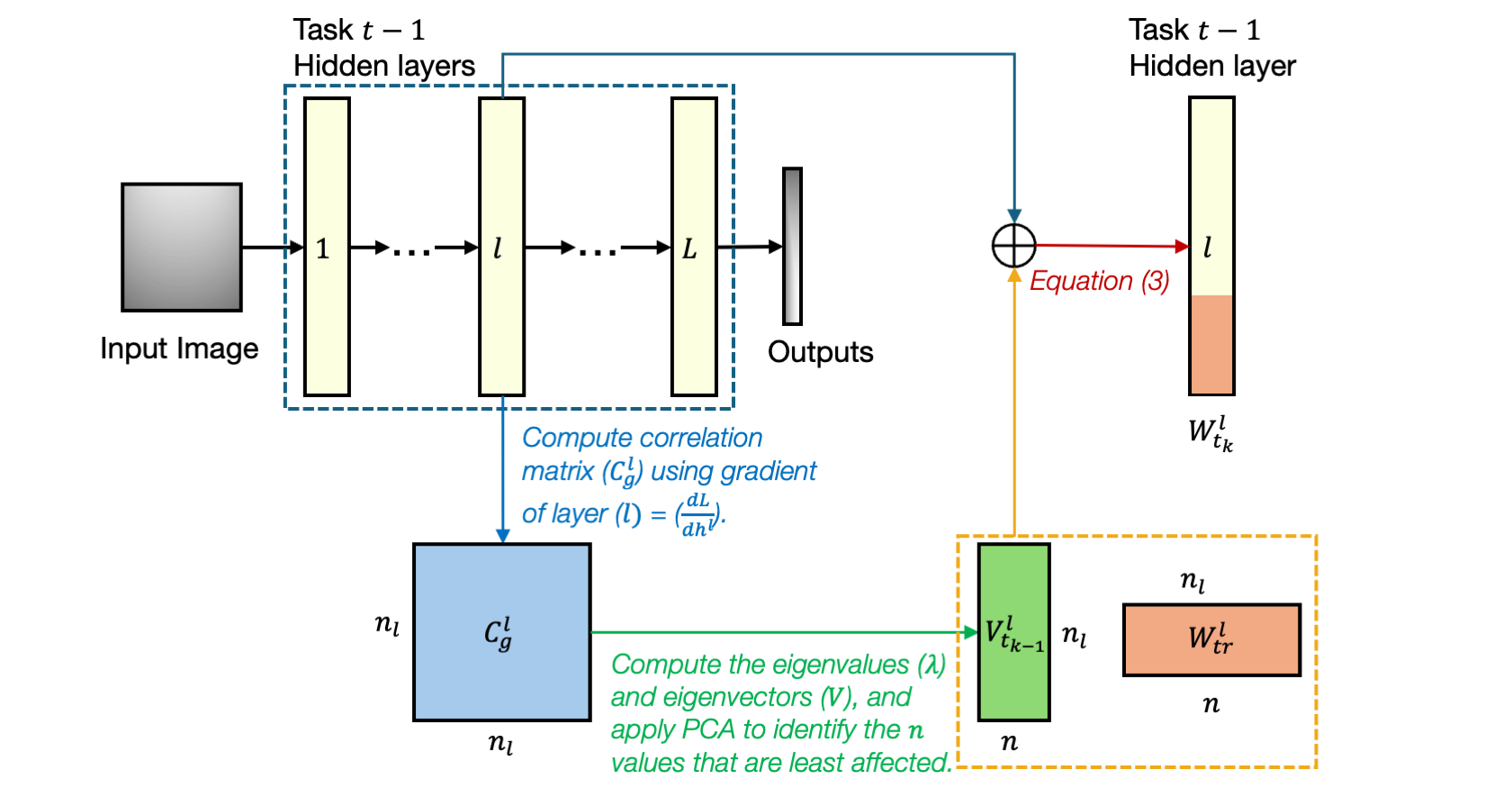
Gradient Correlation Subspace Learning against Catastrophic Forgetting
Vishal Thengane, Tammuz Dubnov
This paper proposes Gradient Correlation Subspace Learning (GCSL) to address catastrophic forgetting in incremental class learning. GCSL identifies and preserves weight subspaces least affected by prior tasks, projecting new task updates into them, and can be flexibly applied across network layers and tasks.
🎖 Honours and Awards
- 🏆 Best Paper Award, European Conference on Computer Vision (ECCV), 2022
- ✈️ Alan Turing Mobility Grant, August 2024 – December 2025
📖 Educations
University of Surrey (UK) & University of Wollongong (Australia)
Joint PhD, Computer Science
Oct 2023 – Present
- Research: Few-shot & Incremental 3D Scene Understanding
- Focus: Vision-Language Models, Efficient Learning, 3D Computer Vision
SGGS Institute of Engineering and Technology Nanded, India
B.Tech, Electronics and Telecommunication Engineering
Jul 2015 – May 2019
- Graduated with First Class Honours
- Relevant Coursework: Deep Learning, Computer Vision, Data Structures, Robotics
